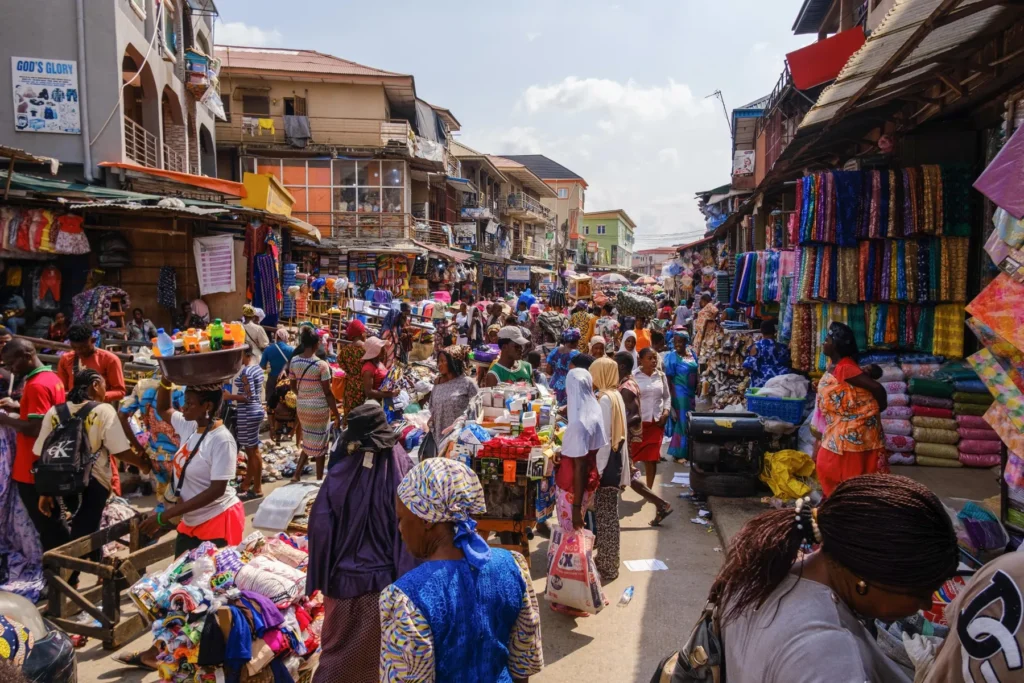Nigeria’s inflation rate surged to 24.2% in March 2025, marking the first uptick since the National Bureau of Statistics (NBS) rebased the consumer price index in January. This increase from 23.2% in February signals brewing economic headwinds even before the full impact of the escalating global trade war is felt.
According to data released on Tuesday by the NBS, consumer prices rose 1.1% month-on-month, with core inflation which excludes volatile items like food climbing to 24.4%, up from 23% in February. Meanwhile, food inflation surprisingly eased, slowing to 21.8% from 23.5% in the previous month.
Yet, relief may be short-lived.
Since April 2, Nigeria’s currency has dropped 4.2% against the U.S. dollar, following new global tariffs announced by U.S. President Donald Trump, which have spooked global markets and depressed oil prices. Brent crude has fallen to about $65 per barrel, well below Nigeria’s 2025 budget benchmark of $75.
Nigeria, Africa’s largest oil exporter, is particularly vulnerable. As crude revenue declines, so does the strength of the naira, pushing up the cost of imports. In response, the Central Bank of Nigeria (CBN) has already injected over $650 million into the foreign exchange market this month to cushion the naira’s decline, according to investment firm AIICO Capital Ltd.
CBN Rate Decision Looms
All eyes are now on the CBN’s Monetary Policy Committee (MPC), which is set to meet May 19–20. With inflation climbing and the naira weakening, the committee faces a tough choice: hike interest rates to tame inflation or hold steady at 27.5%, as it did during the last policy meeting.
Analysts expect the CBN to tread cautiously. “With the economic outlook still clouded by external uncertainties and internal cost pressures, we may see another hold on rates,” said a financial analyst in Lagos.
Planting Season May Drive Food Prices
Domestically, inflationary pressures are expected to rise as the rainy season planting begins. This period is typically marked by lower food supply, which may drive up prices in rural and urban markets.
Although March showed a dip in food inflation, analysts warn the downward trend may reverse in the coming months. “The seasonal lean period often leads to food supply gaps,” one economist noted, “and with the naira weakening, imported food costs will likely rise as well.”
Stay tuned to 9am News Nigeria for more Breaking News, Business News, Sports updates And Entertainment Gists.
















